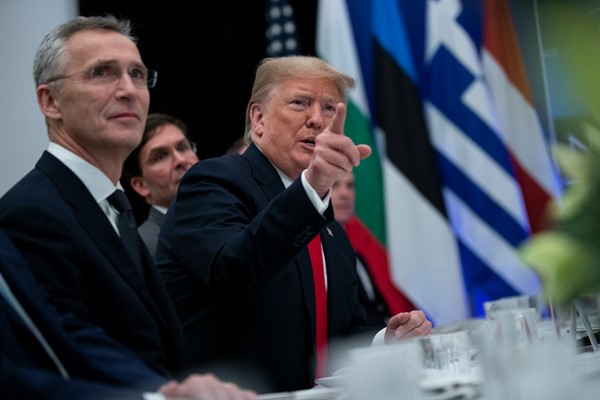As Americans cast their ballots Tuesday, and indeed for the millions who already have, they are voting for the future not just of their own country, but of the open world that the United States helped create. A distinctive element of this global order, particularly since the fall of the Berlin Wall, has been the removal of many restrictions on cross-border flows of goods, money, ideas and even people. Under every American president since the Cold War, until Donald Trump, the United States championed global integration as a motor of prosperity, a bulwark of peace and—at least implicitly—a source of solidarity. It is that open world that is on the ropes today, thanks to disillusionment with globalization, Trump’s nativist and anachronistic “America First” policies and, more recently, the COVID-19 pandemic, which has dramatically curtailed cross-border exchanges.
During globalization’s heyday, a new, frictionless world seemed to have arrived, as miraculous as the lost world before 1914 about which John Maynard Keynes famously reminisced in his 1920 treatise, “The Economic Consequences of the Peace.”
“The inhabitant of London could order by telephone, sipping his morning tea in bed, the various products of the whole Earth, in such quantity as he might see fit, and reasonably expect their early delivery upon his doorstep. He could at the same moment and by the same means adventure his wealth in the natural resources and new enterprises of any quarter of the world…. He could secure forthwith, if he wished it, cheap and comfortable means of transit to any country or climate without passport or other formality…. [He] could then proceed abroad to foreign quarters, without knowledge of their religion, language or customs, bearing coined wealth upon his person…. But most important of all, he regarded this state of affairs as normal, certain and permanent — except in the direction of further improvement.”

